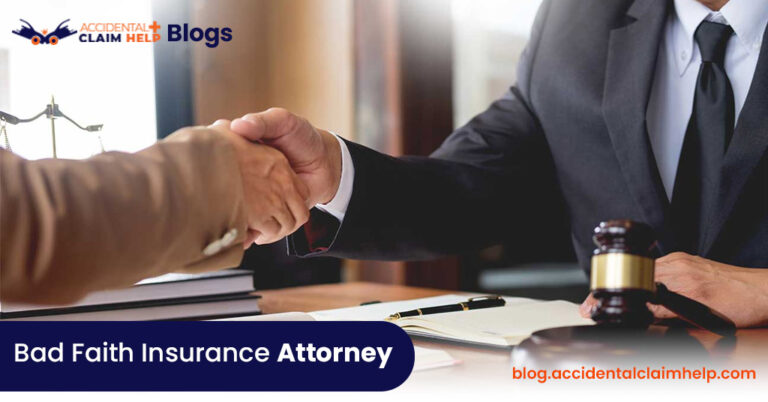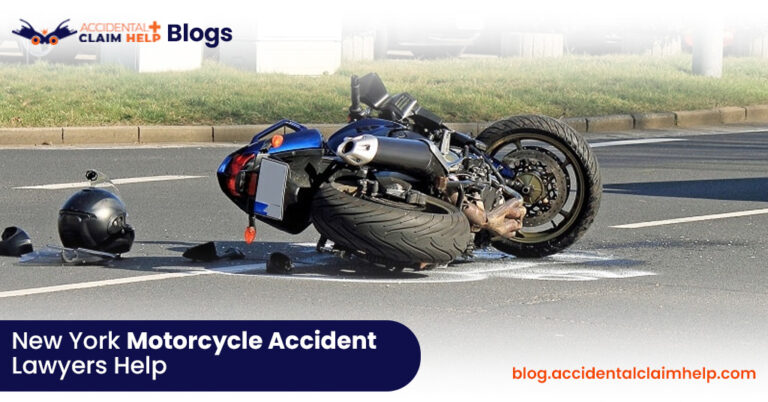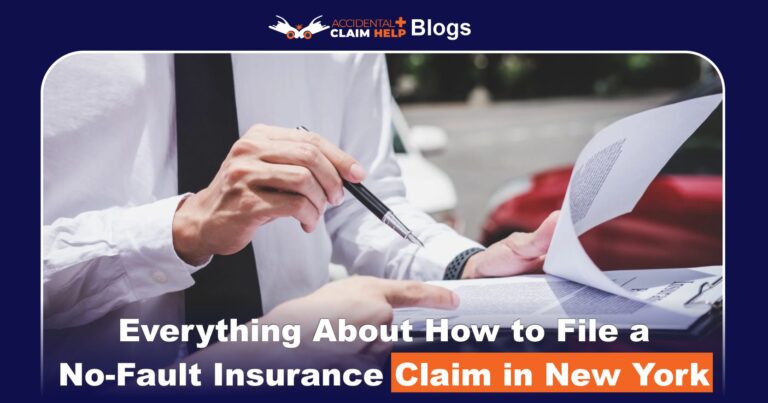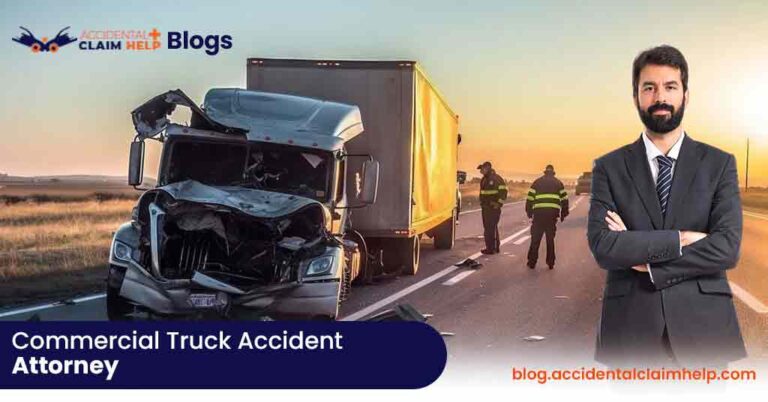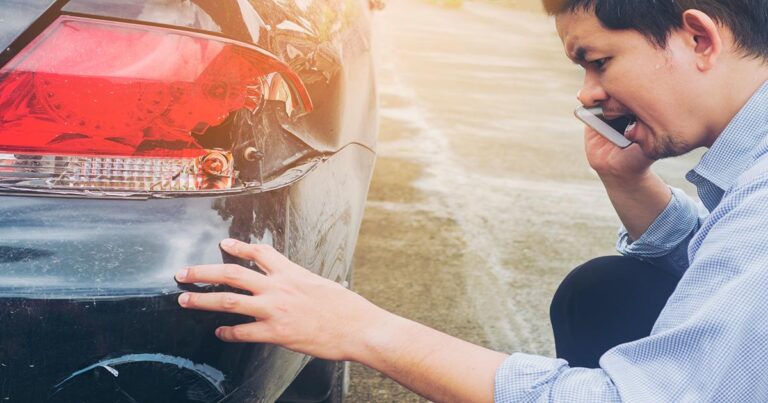Being Sued for a Car Accident: What Can They Take?
Facing a lawsuit following a vehicle accident may be intimidating, particularly if you’re worried about what personal assets are at stake. If you are sued for damages following a vehicle accident and are held accountable, the court may compel you to pay the damages, which may affect your assets.
Here’s an overview of what may happen, how your assets can be secured, and what you can do if you’re sued.
What Happens When You’re Sued for a Car Accident?
When someone sues you for damages resulting from an automobile accident, they usually seek financial compensation for medical costs, vehicle repairs, lost earnings, or pain and suffering. The case aims to discover who was at blame and how much, if any, you owe. A judgment may be issued if you are found accountable, ordering you to pay damages.
Can Your Insurance Cover the Lawsuit?
In many circumstances, auto insurance should be the first defense for paying the expenditures. Liability insurance covers property damage and bodily injury claims within the policy limits. If the damages exceed your insurance limitations, you may be liable for the entire sum, putting your assets at risk.
Assets at Risk in a Car Accident Lawsuit:
Certain assets may be vulnerable to collection if the damages exceed your insurance coverage. Here are a few examples:
- Bank Accounts: If the courts find anything against you, they can confiscate your bank accounts based on the amount owed.
- Wages: Your salary may be garnished up to a legally determined amount to settle a judgment.
- Property and real estate: In certain areas, your home equity is partly protected by a “homestead exemption,” but if the judgment exceeds this level, a lien may be imposed on your property.
- Vehicle and Personal Property: In certain situations, non-essential personal property, such as supplementary automobiles, may be confiscated to help pay the judgment.
Are All Assets Vulnerable in a Lawsuit?
Not all assets are subject to a lawsuit. Many states have rules that safeguard some kinds of property, known as “exempt” assets. Examples of routinely protected valuables are:
- Retirement accounts, including 401(k)s and IRAs, are typically protected against litigation in most states.
- A homestead exemption might safeguard some or all of the equity in your principal dwelling.
- Personal items such as clothes, furniture, and tools are often secured up to a specified value.
- Reviewing your state’s exemption legislation is critical since these safeguards might differ.
What If You Can’t Afford to Pay the Judgment?
If you are unable to pay the judgment in full, you have many choices to consider:
- Set up a Payment Plan: Courts or creditors may enable you to establish a payment plan to assist you in paying off your debt over time.
- Negotiate a Settlement: You may be able to reach a lower settlement sum with the claimant or their lawyer.
- File for Bankruptcy: In severe circumstances, bankruptcy may be possible to remove or restructure some obligations, but this is a major move with long-term financial ramifications.
Preventing Future Risks with Umbrella Insurance:
If you have many assets, consider purchasing umbrella insurance, which offers extra liability coverage over and beyond the limitations of your vehicle insurance. Umbrella plans generally provide coverage in increments of $1 million and are reasonably priced. This additional layer of insurance may assist in safeguarding your assets if a serious accident causes significant damage.
How Can You Protect Your Assets?
Preventative measures may help safeguard your assets from potential claims.
- Review Your Insurance Coverage: Make sure your vehicle insurance policy has enough liability coverage. This may help you avoid significant out-of-pocket payments.
- Consider Asset Protection Options. Some people secure their possessions by legal measures, such as establishing trusts, which may provide some protection.
- Consult an attorney. Speaking with a financial or legal professional may help you understand your risk exposure and solutions for protecting your assets.
Conclusion:
If you are facing a lawsuit due to an automobile accident, it is critical to understand which assets are in danger and your choices for safeguarding them. Examine your insurance coverage, consider adding an umbrella policy if necessary, and get competent legal counsel to guarantee you’re properly covered.


